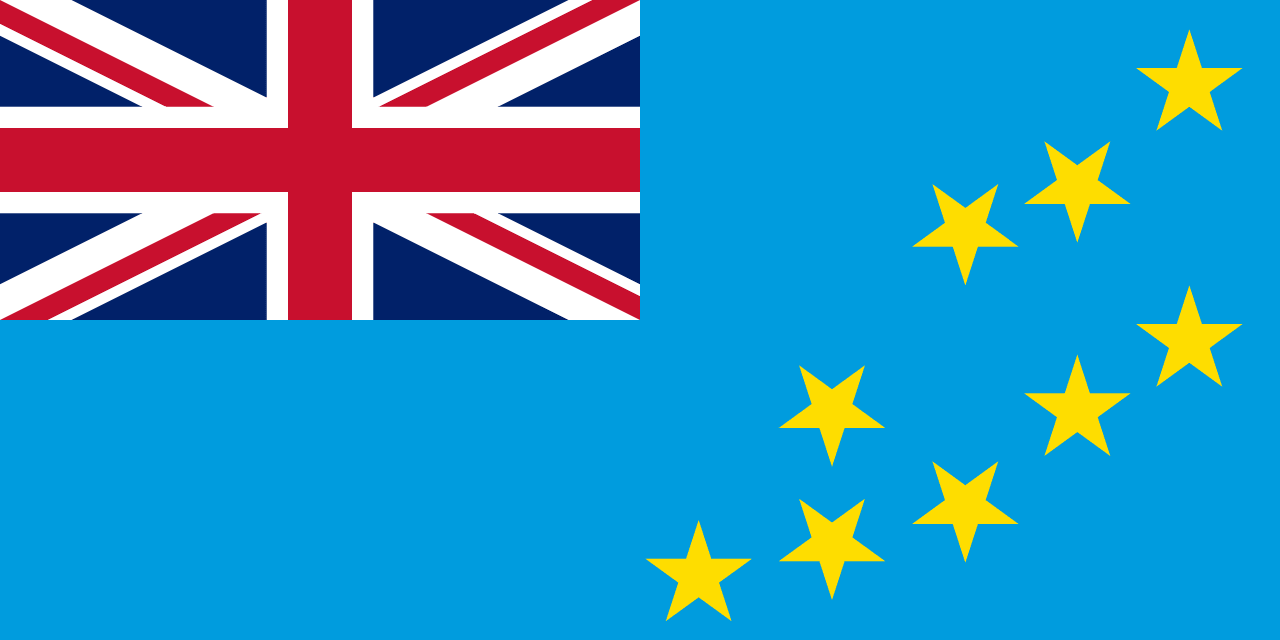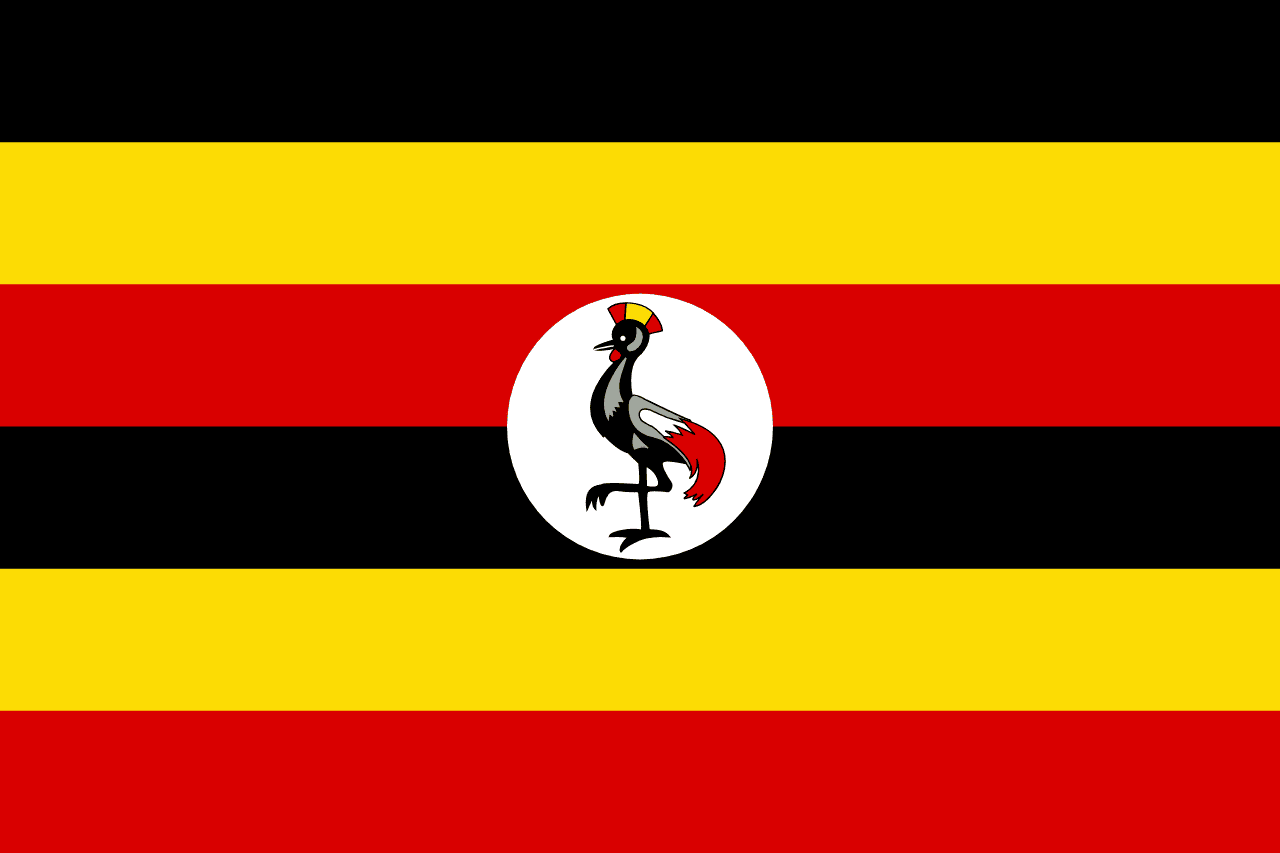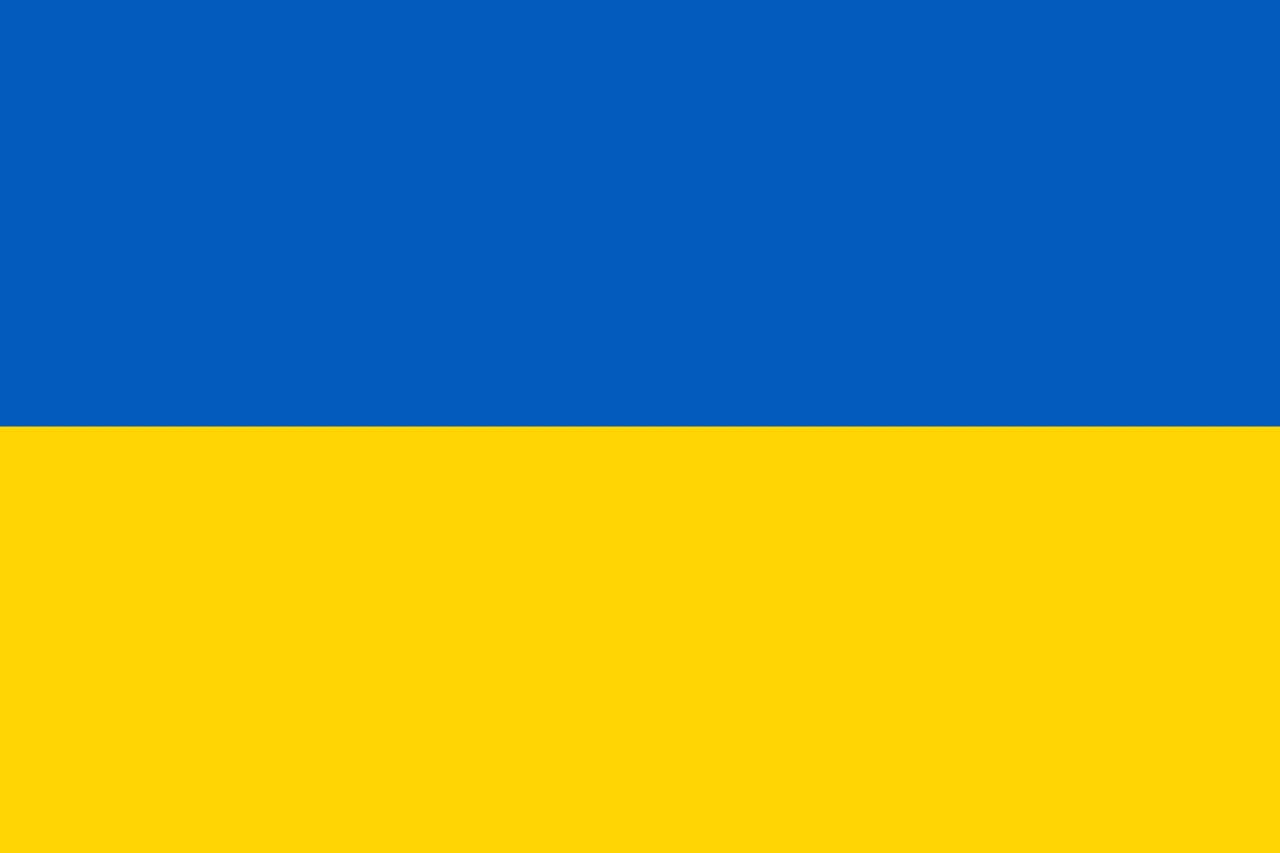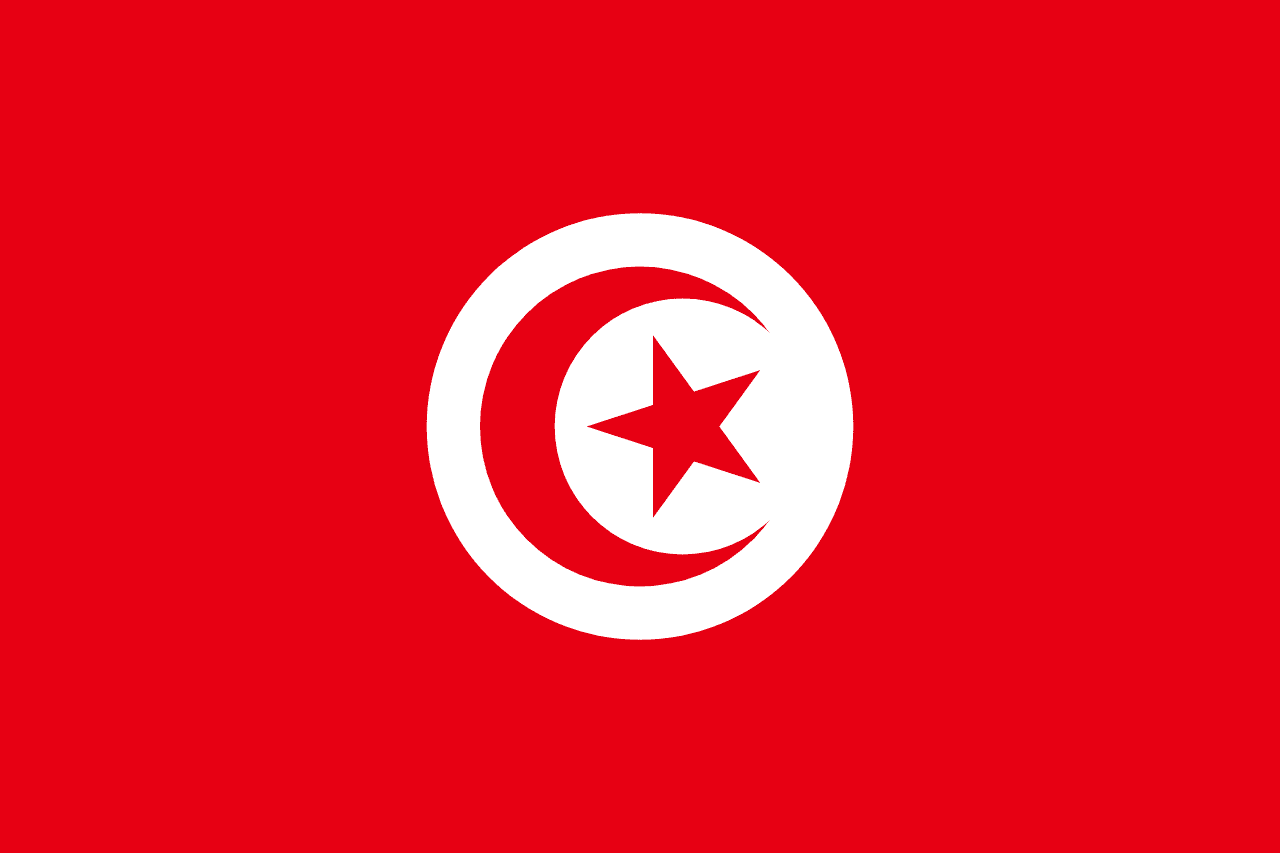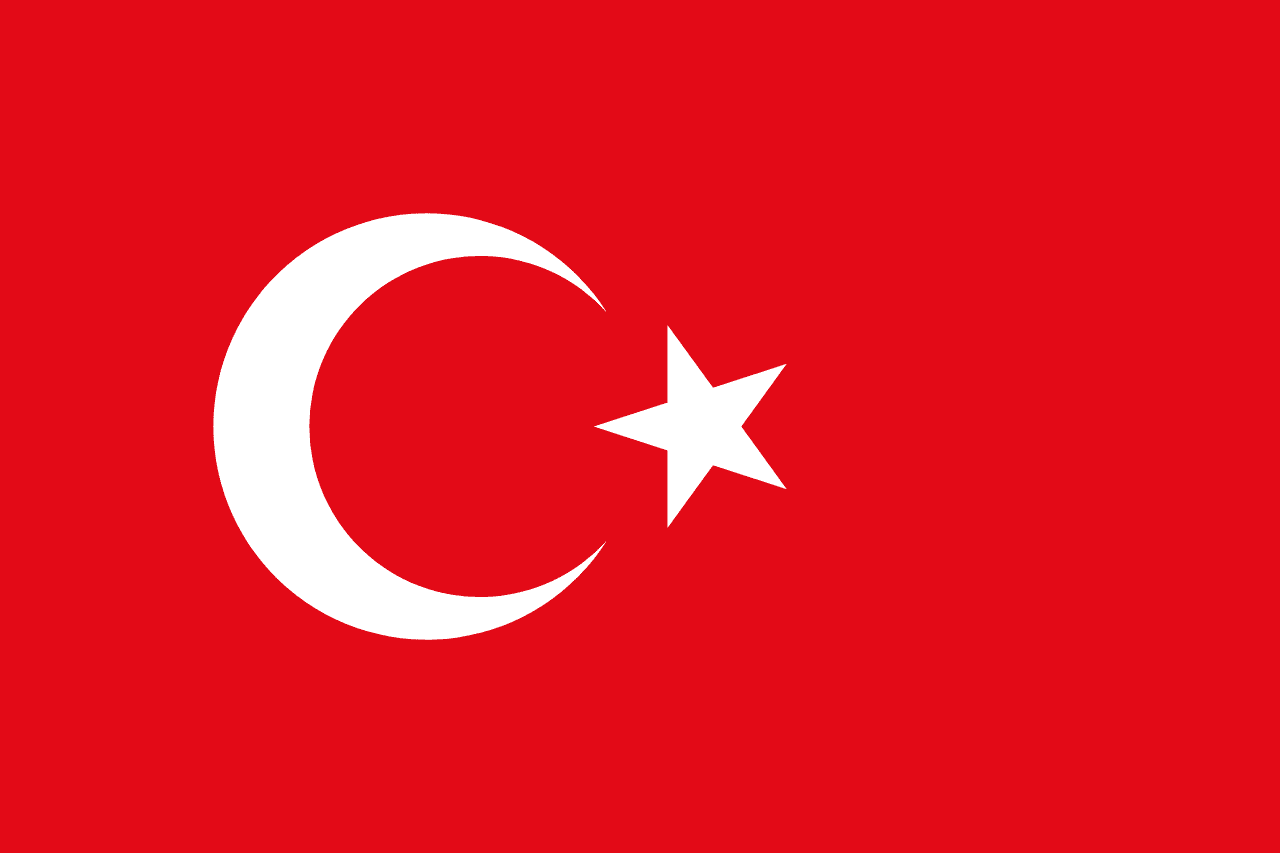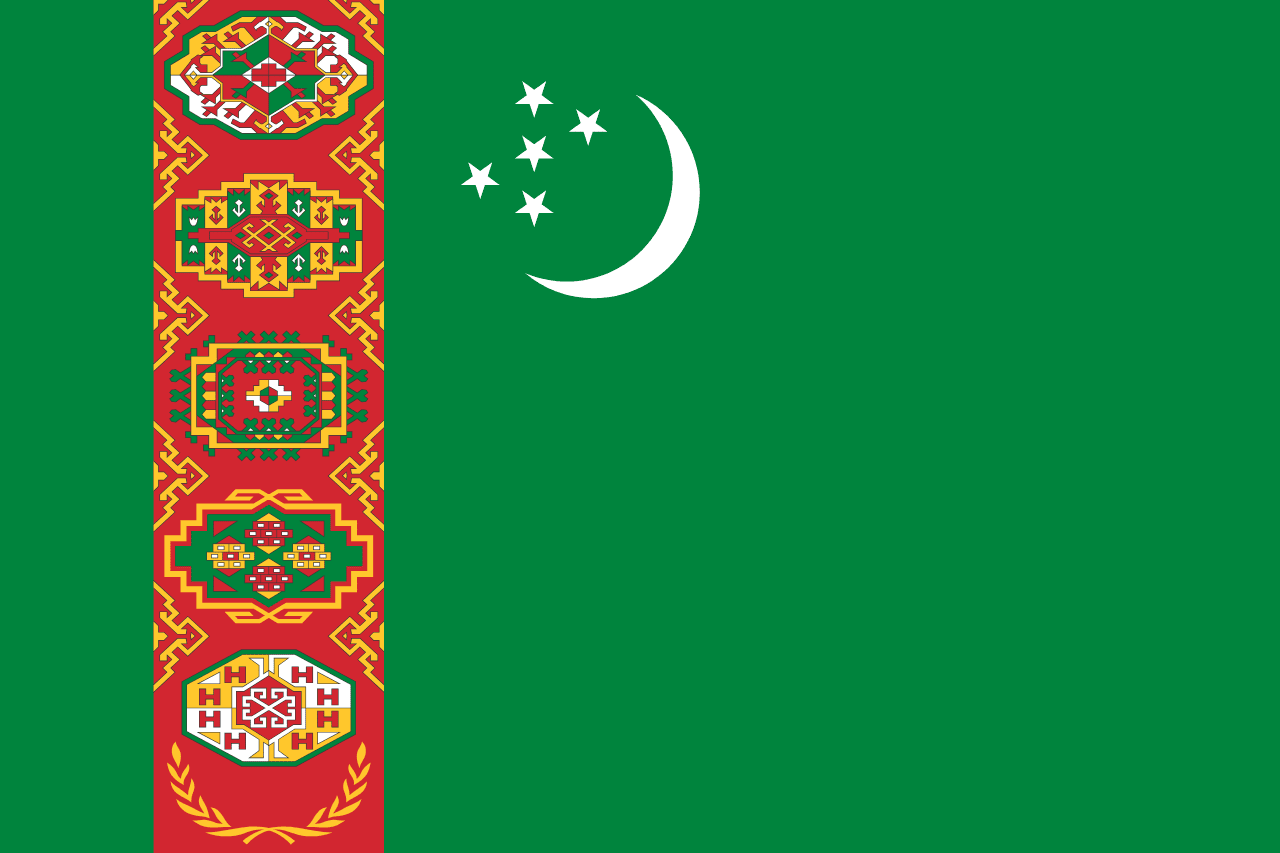The flag of the Turks and Caicos Islands features a blue field with the Union Jack in the upper hoist-side corner and the coat of arms centered in the fly half of the flag. This design reflects the islands' status as a British Overseas Territory while incorporating elements that represent their unique identity and natural heritage.
Turks and Caicos Islands information
| National Flag Day | — |
| Sovereign state | No |
| Official name | Turks and Caicos Islands |
| Capital | Cockburn Town |
| Population | 38,191 |
| Area | 948 km² |
| Currency | United States dollar (USD) |
| Language | English |
| Continent | North America |
| Region | Caribbean |
| Subregion | — |
| Borders | — |
| Timezone | Eastern Standard Time (EST) UTC-5 |
| Calling code | +1-649 |
| Top-level domain | .tc |
History of the Turks and Caicos Islands flag
 The current flag was officially adopted on November 7, 1968, and slightly modified in 1999. It replaced an earlier version that had been in use since 1889. The design incorporates elements that symbolize the islands' natural beauty, historical connections, and status as a British Overseas Territory.
The current flag was officially adopted on November 7, 1968, and slightly modified in 1999. It replaced an earlier version that had been in use since 1889. The design incorporates elements that symbolize the islands' natural beauty, historical connections, and status as a British Overseas Territory.
Symbolism and design of the Turks and Caicos Islands flag
Each element of the Turks and Caicos Islands flag carries specific meaning:
- The blue field represents the Caribbean Sea, which surrounds the islands and plays a crucial role in their identity and economy.
- The Union Jack in the upper hoist-side corner symbolizes the islands' status as a British Overseas Territory and their historical ties to the United Kingdom.
- The coat of arms on the fly side features several elements:
- A conch shell, representing the islands' fishing industry and marine life.
- A lobster, symbolizing the local seafood industry.
- A Turk's Head Cactus (Melocactus intortus), which is native to the islands and represents the local flora.
- A sailboat, representing the islands' maritime heritage and tourism industry.
Usage and significance of the Turks and Caicos Islands flag
 The flag is flown on government buildings, schools, and during official ceremonies throughout the Turks and Caicos Islands. It serves as a symbol of the islands' identity, heritage, and connection to the United Kingdom. The flag is also used to represent the territory in international forums and events where the Turks and Caicos Islands participate separately from the UK.
The flag is flown on government buildings, schools, and during official ceremonies throughout the Turks and Caicos Islands. It serves as a symbol of the islands' identity, heritage, and connection to the United Kingdom. The flag is also used to represent the territory in international forums and events where the Turks and Caicos Islands participate separately from the UK.
Interesting facts about the Turks and Caicos Islands flag
- The Turks and Caicos Islands consist of about 40 islands and cays, only eight of which are inhabited.
- The name "Turks" is believed to come from a species of cactus on the islands that resembles a Turkish fez, while "Caicos" is derived from the Lucayan term "caya hico," meaning string of islands.
- The islands are known for their stunning beaches, clear waters, and thriving tourism industry.
- Despite being a British Overseas Territory, the U.S. dollar is the official currency of the Turks and Caicos Islands.
- The islands have a unique blend of cultures, influenced by their African, British, and Bahamian heritage.
